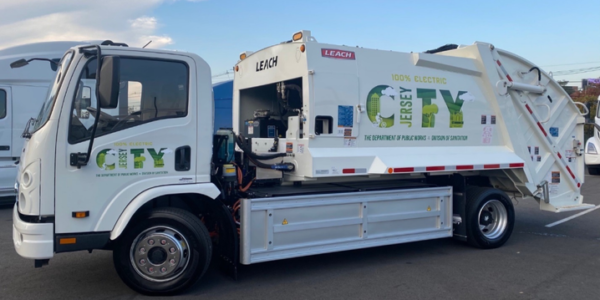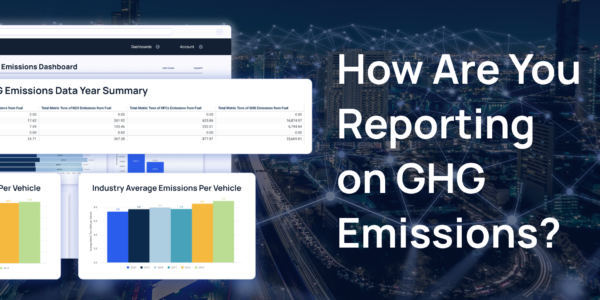
Alternative fuels are on the top of many fleet managers’ minds these days. Fleets are exploring new ways to get the job done while remaining operationally efficient, cost effective and sustainable. As a result, many managers are introducing a mix of electric, hydrogen, and natural gas-powered vehicles into their fleet to work alongside traditional gas and diesel ICEVs.

Santa Monica’s Zero Emissions Delivery Zone is the first LEZ in the country. The initiative targets last-mile delivery vehicles and is pushing for electrification and micromobility in last-mile delivery.

There is more internal and external pressure than ever before for organizations to make their practices sustainable and to find different ways of doing so. This can mean something different for each distinct organization, especially when it comes to how they approach it.

Jersey City is set to build the first self-sustainable municipal microgrid in the country that will power the city’s EV fleet and electric refuse trucks and save taxpayers over $21 million over 20 years.

Over the last few months, we’ve run a survey that aimed to capture if industry-leading fleets are reporting on greenhouse gas emissions, how they’re doing it, and if they’re not – will they start in the near future?

Natural gas is the fastest growing fossil fuel of the past decade and is becoming an increasingly popular alternative to diesel and gasoline.

Greenhouse gas reporting –also known as carbon accounting– is becoming more common at organizations, whether by requirement or done voluntarily for transparency. These reports measure how much emissions the organization emitted in a period, breaking it down into which activities contributed what amount and exactly which GHGs were emitted.

Even when the right vehicles for your fleet become available, there is still the question of whether they are truly the better option. Fleet managers must justify that EVs would perform at the same level as their current ICE models.

Electric vehicles tend to be the go-to green solution due to their zero-emissions claims. It is worth questioning, however, just how environmentally friendly EVs are.